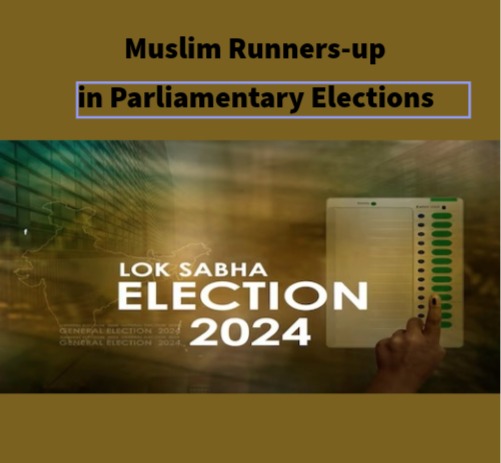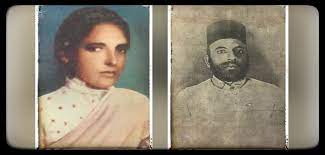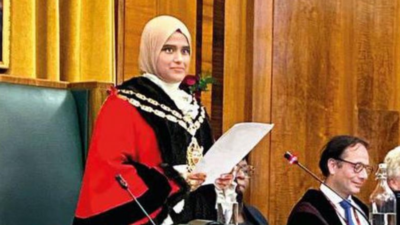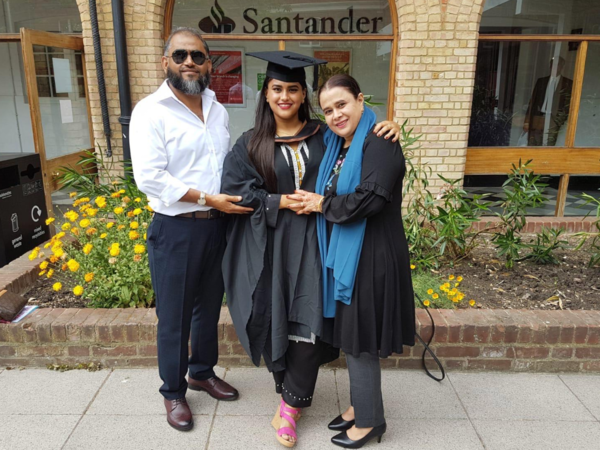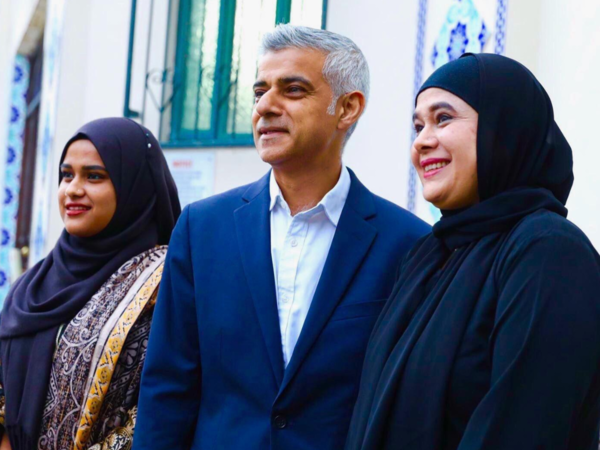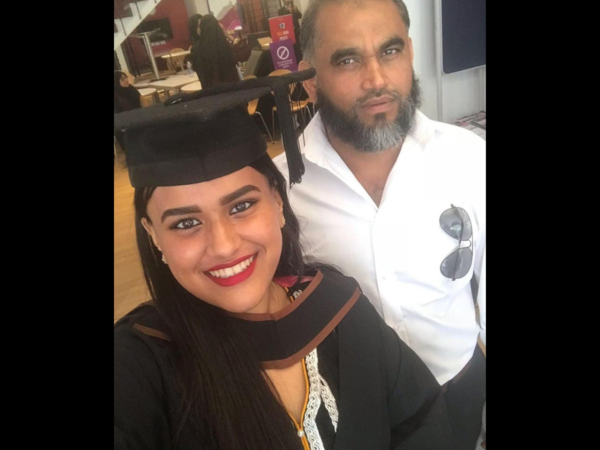Bhatkal (Uttara Kannada District), KARNATAKA :
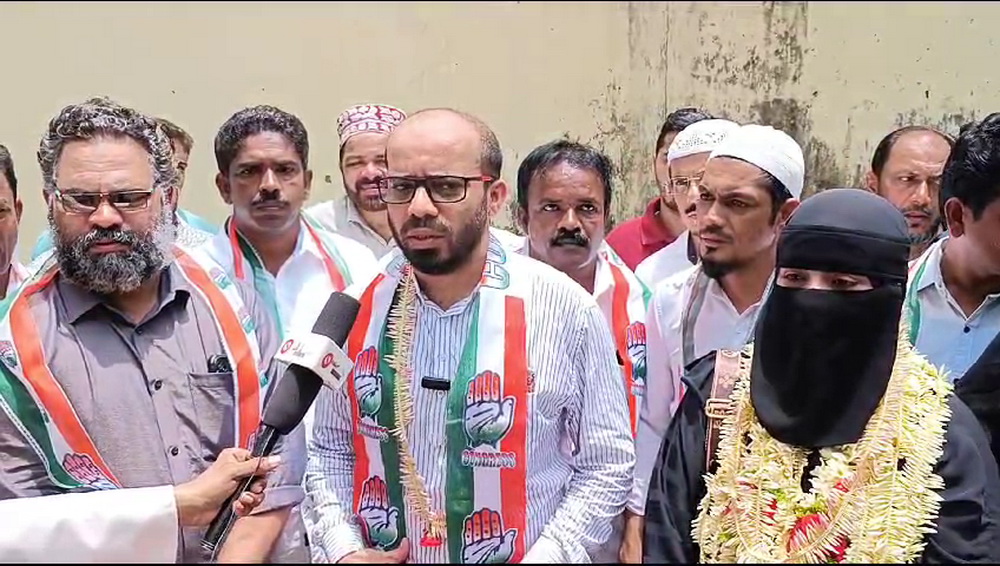
Bhatkal :
In the much-anticipated elections held today, Wednesday, at the Jali Pattan Panchayat, Afsha Qaziya was elected as President, while Advocate Imran Lanka was elected as Vice President. Both candidates, backed by the prominent social organization Majlis-e-Islah wa Tanzeem, were elected unopposed.
In a related development, Tanzeem-backed councilor Mohiddin Altaf Kharuri was also elected as Vice President of the Town Municipal Council (TMC) Bhatkal on Tuesday.
The election processes for both the TMC and Jali Pattan Panchayat were supervised by Bhatkal Tehsildar Nagaraj.
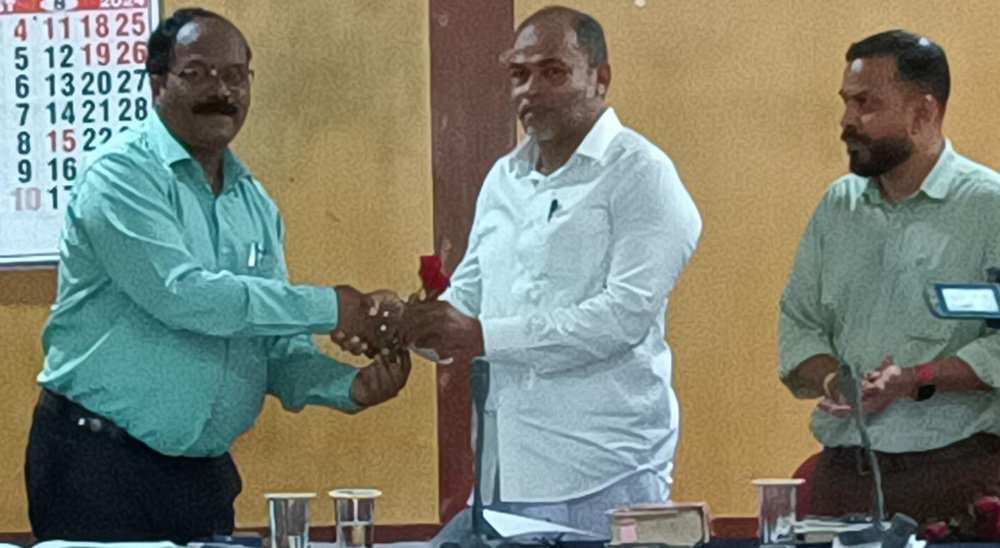
The President’s position at Jali Pattan Panchayat was reserved for a General Woman, and the Vice President’s position was reserved for Backward Class A (BCA). In the TMC election, the President’s seat was reserved for an SC woman, and the Vice President’s seat was reserved for BCA. However, since there was no SC woman councilor in the TMC, no nominations were filed for the President’s position. As a result, all three key positions across both bodies were filled unopposed.
The new President of Jali Pattan Panchayat, Afsha Qaziya, is a highly qualified woman with degrees in B.Com, B.Ed, and M.Ed. She has been actively involved in social and community work and has served as a councilor in the Jali Pattan Panchayat for the past 28 months. Advocate Imran Lanka, elected as Vice President, is also highly educated and an active member of the Tanzeem’s political panel. He has been serving as a councilor in the Jali Pattan Panchayat since 2015-16.
The newly elected Vice President of TMC, Mohiuddin Altaf Kharuri, has been serving as a municipal councilor for the past 24 years and has previously held the position of Standing Committee Chairman twice. He also has significant experience serving as the General Secretary of Majlis-e-Islah wa Tanzeem, a century-old social organization in Bhatkal.
Majlis-e-Islah wa Tanzeem continues to have a strong influence in local bodies, with their backed candidates consistently securing key positions in the TMC and panchayats.
source: http://www.sahilonline.org / Sahil Online / Home> Coastal News> Featured News / by IG Bhatkali – (Headline edited) / August 22nd, 2024
